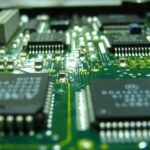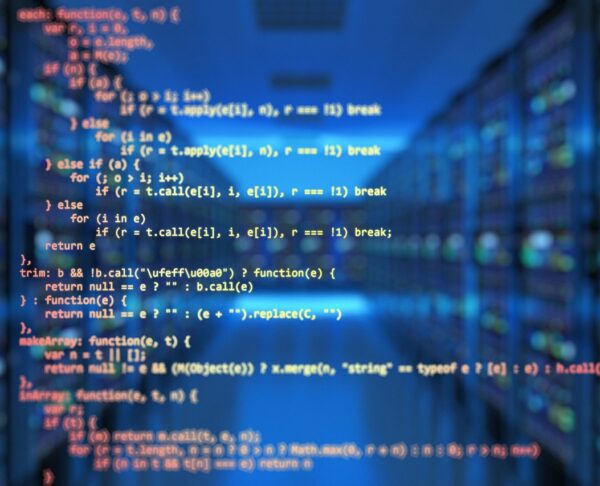In the realm of technological innovation, the fusion of quantum mechanics and artificial intelligence (AI) has given birth to a revolutionary concept known as Quantum AI. This cutting-edge field represents the convergence of two incredibly powerful domains, each with the potential to reshape industries, solve complex problems, and unlock new frontiers of understanding. In this blog, we’ll dive into the world of Quantum AI, exploring its origins, capabilities, and the limitless possibilities it holds for our future.
Quantum Mechanics Meets Artificial Intelligence: The Genesis of Quantum AI
Quantum AI emerges from the fusion of quantum computing and AI, creating a synergy that transcends the boundaries of classical computing. While classical computers process information as binary bits (0s and 1s), quantum computers leverage quantum bits or qubits. These qubits can exist in multiple states simultaneously, enabling them to perform intricate calculations that would take classical computers eons to complete.
The Power of Quantum AI: Unleashing Unprecedented Potential
Quantum AI brings forth a new era of problem-solving. It has the potential to revolutionize industries that demand massive computational power, such as cryptography, drug discovery, optimization, and complex simulations. For instance, in cryptography, Quantum AI can break traditional encryption methods while also offering new, secure alternatives. In drug discovery, it accelerates molecular modeling, dramatically reducing the time and resources required to identify potential drug candidates.
Machine Learning in the Quantum Realm: Quantum Machine Learning
Machine Learning and Quantum AI intertwine to create Quantum Machine Learning (QML). QML leverages quantum algorithms to enhance machine learning processes, enabling AI models to process and analyze data more efficiently and accurately. This opens doors to advanced pattern recognition, data clustering, and optimization tasks that were previously beyond the capabilities of classical AI.
Challenges on the Quantum Frontier: Overcoming Limitations
While Quantum AI holds immense promise, it’s not without challenges. Quantum systems are notoriously delicate, prone to errors due to factors like decoherence and quantum noise. Researchers are tirelessly working on error correction techniques to stabilize these systems, paving the way for more reliable Quantum AI applications.
Realizing the Potential: Quantum AI Applications
The scope of Quantum AI applications is vast and continually expanding. From financial modeling and supply chain optimization to climate modeling and artificial creativity, Quantum AI has the potential to transform how we approach complex challenges. Imagine AI systems that can comprehend and predict weather patterns with unprecedented accuracy, or AI-generated creative works that defy conventional boundaries.
The Collaborative Journey: Researchers, Innovators, and Quantum AI
The advancement of Quantum AI relies on collaboration between physicists, computer scientists, mathematicians, and AI experts. This interdisciplinary synergy is vital for pushing the boundaries of knowledge and exploring the uncharted territories of Quantum AI’s potential.
The Quantum Leap Ahead: Embracing the Future
Quantum AI represents a leap into the unknown, where the limitations of classical computing are shattered, and the impossible becomes plausible. As researchers continue to refine quantum hardware, algorithms, and applications, we stand on the brink of a new technological era—one where the intersection of quantum mechanics and artificial intelligence reshapes reality as we know it.
In conclusion, Quantum AI transcends the boundaries of our imagination. It’s a realm where the rules of classical computing no longer apply, where computational power is magnified to new heights. As we venture into this uncharted territory, we must remain open to the possibilities, ready to harness the extraordinary potential of Quantum AI and pave the way for a future that challenges the limits of human understanding.




